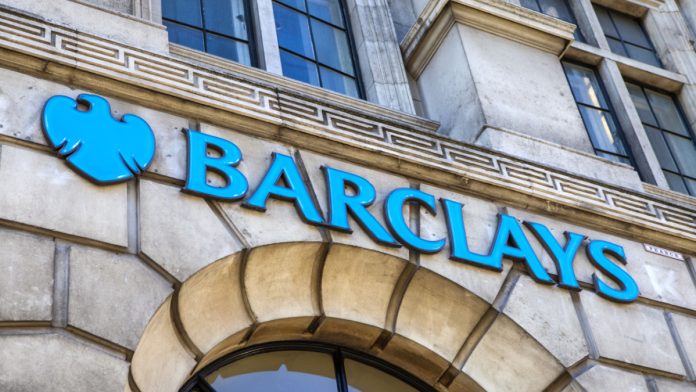Social media is being widely used by scammers to identify and target potential victims, with investment scams becoming increasingly more common.
Barclays revealed today that investment scams accounted for 33% of money customers lost to scammers in 2023, a 23% increase year-on-year. Investment scams also made up the greatest share of total claim values, with volume rising by 29%.
According to Barclays’ data, the average scam claim was over £14,000, although this rises to £16,000 for male victims. Social media is a popular tool for these scams, Barclays stated – and the firm is not the first bank to highlight this problem.
Stephanie Mac Sweeney, Head of Fraud Strategy at Barclays, said: “It’s worrying to see such a rise in investment scams – with victims often heartlessly scammed out of large sums of money that they have been saving for their future.
“The banking industry works hard to educate, identify and intercept scams, but the only way to drive real change is to target these scams at their source.
“With the majority of investment scams now taking place on their platforms, social media firms must take responsibility, act on their promises and deliver a robust verification system to protect innocent people from falling prey to fraudulent investment adverts.”
According to Barclays, 61% of investment scams are taking place on social media platforms. Scammers take advantage of social media to promote unverified financial adverts, convincing users to make what appears to be a worthwhile investment.
This spike is being fuelled by scammers taking advantage of their ability to promote unverified financial adverts on social media sites; more than 6 in 10 (61 per cent) investment scams now take place on these platforms.
Young people appear to be particularly targeted by, or are alternatively perhaps more aware of, online scams.
Barclays found that a quarter of 18-24 year olds have spotted a suspected investment scam on social media and 17% have been contacted about purported investment opportunities. Overall, 11% of people in the UK know someone who has fallen victim to an investment scam.
The bank is the third major financial institution this year to issue a warning over scams being promoted online. Neobank and fintech provider Revolut and Barclays’ fellow high-street bank TSB have made similar statements.
After conducting an analysis of scam data from 2023, Revolut labelled Meta – the parent company of Facebook and Instagram – a ‘hotbed’ for scam activity. The firm warned that 33% of money lost via scams began on Meta platforms. Similarly, TSB found that 34% of Facebook Marketplace adverts were scam posts, based on a sample of 100 posts.
The data comes ahead of the implementation of new rules around fraud reimbursement by the Payments Systems Regulator (PSR) in October, announced earlier this year. The rules will place the responsibility on reimbursement solely on payments providers, split 50/50 between the paying and receiving bank.
This has received some criticism from the banking sector, with some voices feeling that a onus should also be placed on social media platforms due to the widespread use of these sites for scam activity.























